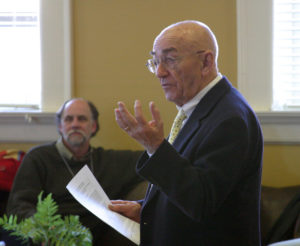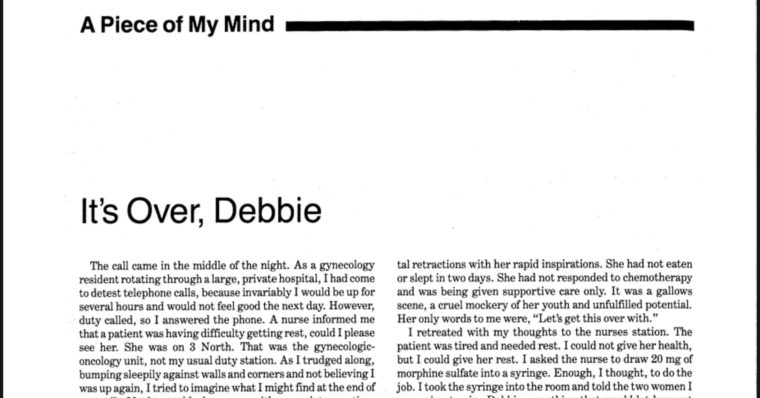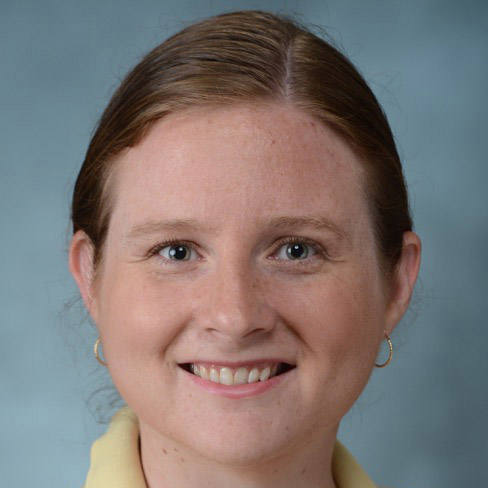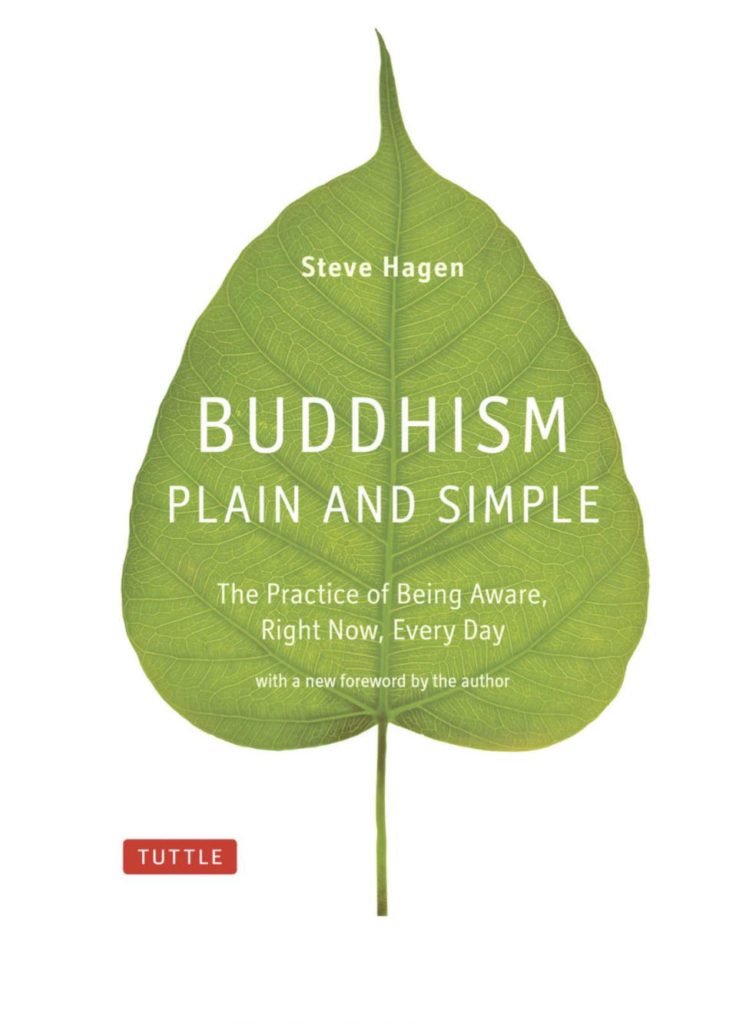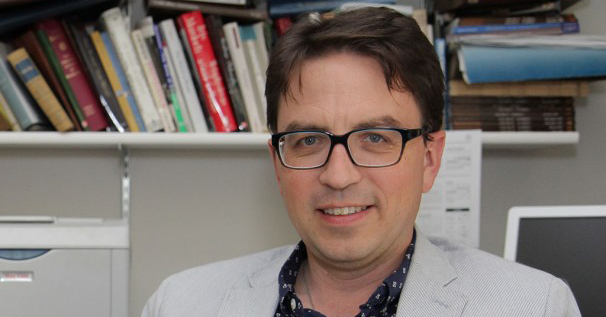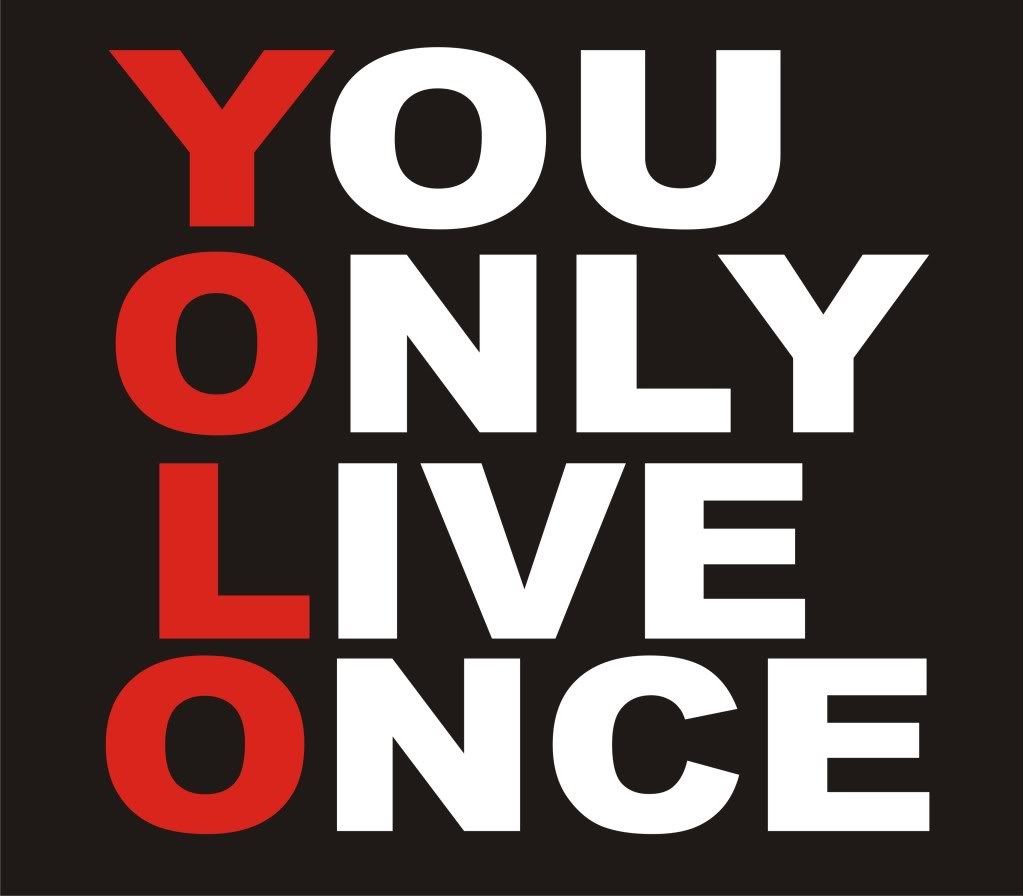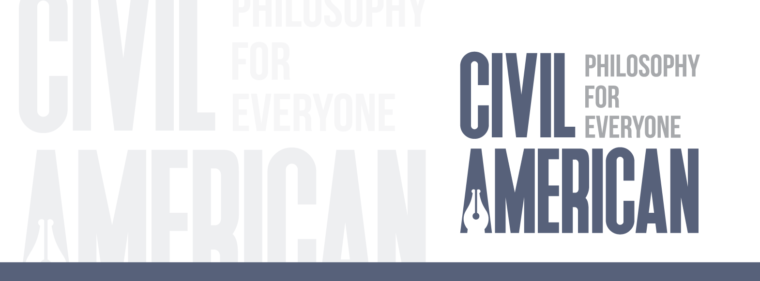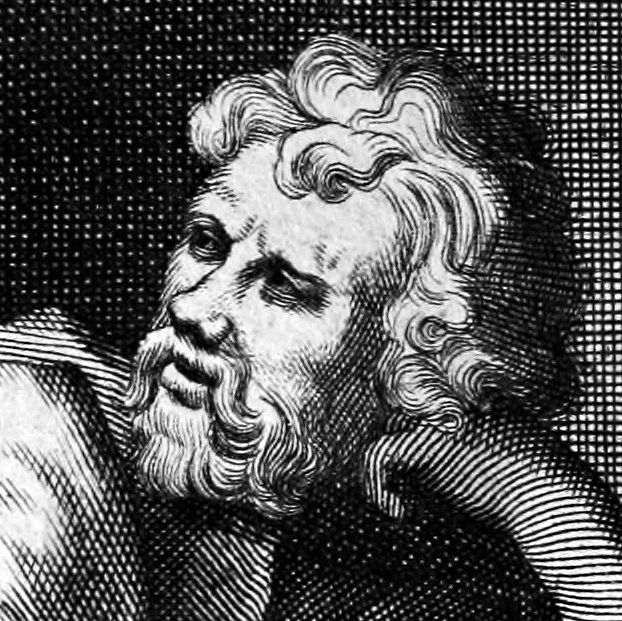In this 76th episode of Philosophy Bakes Bread Eric Thomas Weber and Anthony Cashio interview Jack Symes, host of The Panpsycast philosophy podcast, on the theme “Evil, Suffering, God, and Ethics.”
Jack graduated from the University of Liverpool in philosophy (BA and MA) and went on as a postgraduate in Teaching Studies at the University of Birmingham. Jack is currently teaching philosophy at King Edward VI High School for Girls. Jack also hosts the weekly Panpsycast philosophy Podcast. The Panpsycast describes itself as an “’informal and informative’ philosophy podcast that supports teachers, students and academics in philosophy, which also aims to awaken fellow free-thinkers worldwide and inspire a new generation of philosophers.” The show has over 70,000 subscribers!
Listen for our “You Tell Me!” questions and for some jokes in one of our concluding segments, called “Philosophunnies.” Reach out to us on Facebook @PhilosophyBakesBread and on Twitter @PhilosophyBB; email us at philosophybakesbread@gmail.com; or call and record a voicemail that we play on the show, at 859.257.1849. Philosophy Bakes Bread is a production of the Society of Philosophers in America (SOPHIA). Check us out online at PhilosophyBakesBread.com and check out SOPHIA at PhilosophersInAmerica.com.
(1 hr 8 mins)
Click here for a list of all the episodes of Philosophy Bakes Bread.
Subscribe to the podcast!
We’re on iTunes, Google Play, Spotify, Stitcher, and even now on YouTube, and we’ve got a regular RSS feed too!
Notes
The Panpsycast podcast.
- “Cosmological argument,” in The Stanford Encyclopedia of Philosophy.
- “Heraclitus,” in The Stanford Encyclopedia of Philosophy..
- “Parmenides,” in The Stanford Encyclopedia of Philosophy..
- Rober Pirsig’s Zen and the Art of Motorcycle Maintenance.
- Peter Singer and utilitarianism.
- The Abrahamic God, refers to the God of Abraham, of the traditions of Judaism, Christianity, or Islam. See Rabbi Marc Gellman and Monsignor Thomas Hartman, “Abrahamic Faiths All Worship the Same God,” The Chicago Tribune, June 6, 2003.
- The OOO God: Ominopotent (all powerful), Omniscient (all knowing), and Omnibenevolent (all good).
- Stephen Law’s blog, philosopher of religion.
- Kenneth Hill, population expert.
- The Problem of Evil or the Problem of Suffering, in The Stanford Encyclopedia of Philosophy.
- “Theodicies,” the technical term for responses to the problem of evil.
Young Jack Symes photo. Why? Because the photo is adorable and suffering is a heavy topic 😉
- Telos, which refers to purpose.
- Sudio headphones.
- Albert Camus, “The Myth of Sisyphus.”
- “William James,” in the Internet Encyclopedia of Philosophy, a psychologist and philosopher and one of the founders of the tradition known as American Pragmatism. From The Varieties of Religious Experience, Jack quotes James, who wrote that “Good-humor is a philosophic state of mind; it seems to say to Nature that we take her no more seriously than she takes us. I maintain that one should always talk of philosophy with a smile.”
- Charles Pidgen on the “is/ought” dichotomy in Philosophy Now.
- “Jeremy Bentham,” in the Internet Encyclopedia of Philosophy.
- Christian Miller, on The Character Gap.
You Tell Me!
For our future “You Tell Me!” segments, Jack asked the following question in this episode:
“Why is a good God significantly more reasonable than an evil God?”
Let us know what you think! Via Twitter, Facebook, Email, or by commenting here below.


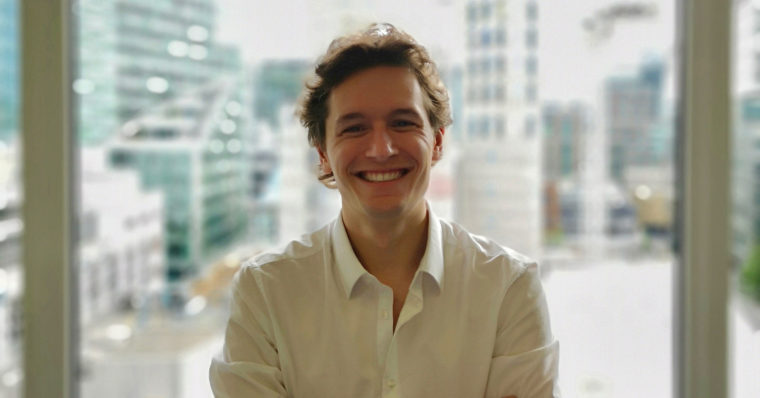




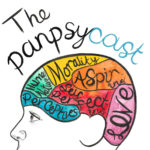
 Young Jack Symes photo. Why? Because the photo is adorable and suffering is a heavy topic 😉
Young Jack Symes photo. Why? Because the photo is adorable and suffering is a heavy topic 😉